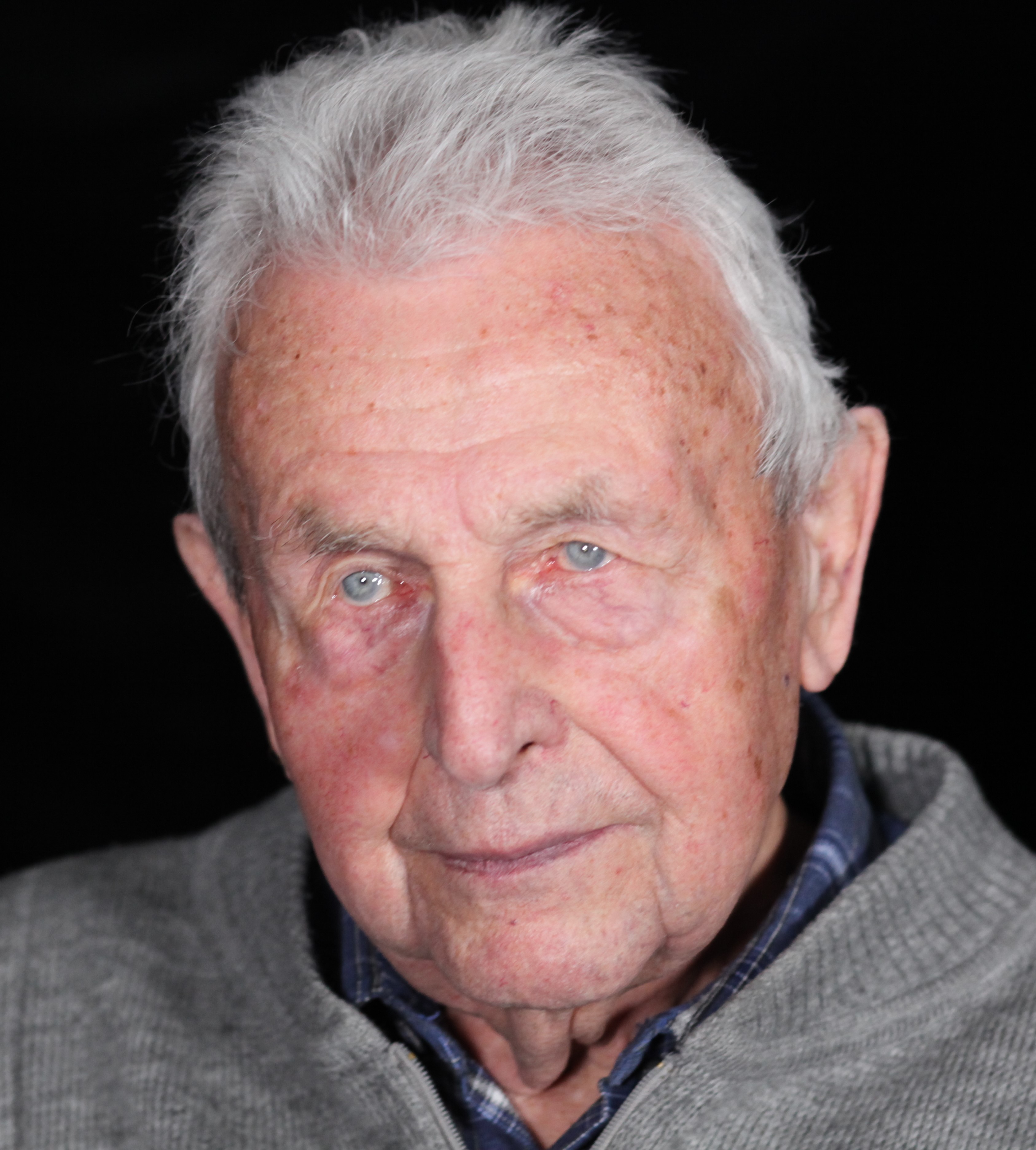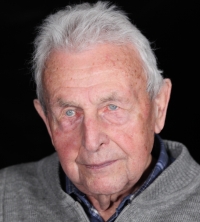We were convinced without trial as people detesting work

Download image
Jan Němeček was born on 16 June 1929 in Kamenice near Polička. In 1927, the parents started a company called Němeček and Co. in Letovice which soon became the second biggest company manufacturing workwear in former Czechoslovakia. He perceived the atmosphere of fear at the time of Nazi occupation during his childhood. After he finished elementary school, he started to study at the Secondary Technical School of Textiles in Svitavy in 1945. However, he did not manage to finish school given the events in February 1948 and because of his class origin. The family company was quickly liquidated after the communist putsch in February. His father, mother and older sisters were immediately fired from work and the family company was retroactively nationalised on 5 March 1948. On 5 March, Jan Němeček was sent to mine in Mine Ludvík in Ostrava, Karviná as “a person detesting work”. He worked there until the Autumn of 1948. After this six-month brigade, he worked in the Textilana woollen mill in Kerhartice near Ústí nad Orlicí until he joined the army. In October 1951 he had to start his basic military service. He was sent to the Technical auxiliary battalions. He spent his military service in the 55th Technical auxiliary battalions unit in Ostrava-Radvanice. To his major surprise, he returned to Mine Ludvík. He spent two and a half years there. His family did not escape further persecution by the communist regime. His parents were moved out of their family house to two modest rooms. Moreover, his father was arrested in 1952 and imprisoned without trial for eleven months in Bory prison. The family house was retroactively expropriated on 1 January 1948. The witness was lucky to get a job in the textile industry after he was released from the Technical auxiliary battalions in February 1954. He worked in this industry in Oděvy Hradec Králové company from 1960 and he stayed there until his retirement in 1989. He was a chairperson of the Regional Committee of the Technical auxiliary battalions in Hradec Králové from 2017. Despite his old age, Jan Němeček is still interested in social and political events in the Czech Republic. He participates in discussions with young people and tries that those who went through the Technical auxiliary battalions labour camps during the hard communist totalitarianism would not be forgotten.
